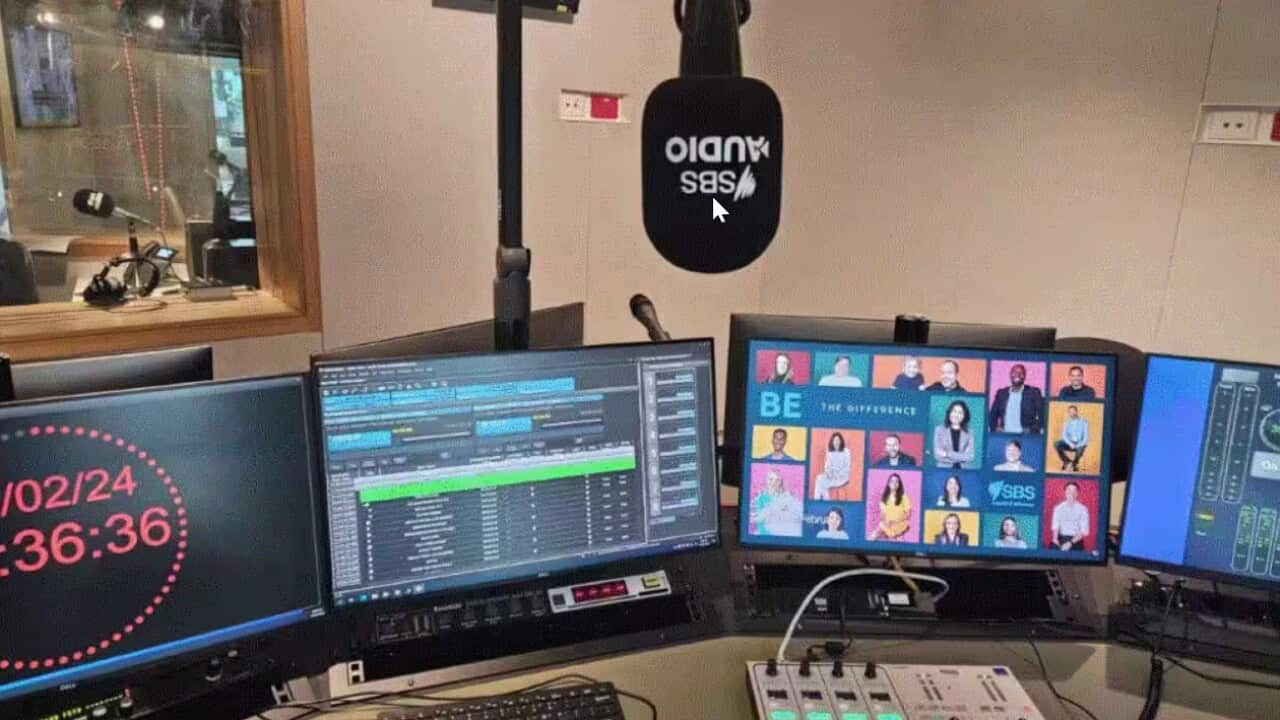Out of 248 people drowned in Australian waterways, 80 per cent were males, according to the .
Most commonly, drowning incidents occur in rivers and creeks, 21 per cent, followed by accidents in ocean and harbours at 20 per cent and on the beach, 18 per cent.
Natashar Wills from Victorian Fisheries Authority says the top three activities that have an impact on the rate of drowning incidents are swimming, boating or falling when fishing.
She says members of the multicultural community are not always familiar with rules set in place for water safety activities
On the Victorian Fisheries Authority website, the information on safe fishing is available in English, simplified Chinese, Vietnamese, Korean and Malay language.
Natashar Wills says safety measures are essential because they save lives.
Natashar Wills advises once you choose your fishing spot to spend some time thinking about an escape route for the worst-case scenario.
She also warns about jumping in if someone you are fishing with is washed into the water.
Natashar Wills says the best thing to do in those situations is to use a rope or something that floats to throw to the person in the water and to dial 000 or 112 on your mobile phone to get help.
Zulfi Hydari migrated to Australia eight years ago.
For the last three years, he has been volunteering with State Emergency Service, (SES) at the Greater Dandenong Unit in Victoria.
He says many volunteers at SES are from a multicultural background and speak many languages.
The Bureau's Head of Operational Climate Services Dr Andrew Watkins says to except wet landscape this summer and to check the tide and weather on the .
He is concerned about flash flooding and heavy erosion in areas that have experienced significant bushfires last summer.
- People in Australia must stay at least 1.5 metres away from others. Check your state’s restrictions on gathering limits.
- If you are experiencing cold or flu symptoms, stay home and arrange a test by calling your doctor or contact the Coronavirus Health Information Hotline on 1800 020 080.
- News and information is available in 63 languages at
- Please check the relevant guidelines for your state or territory: , , , , , , .




